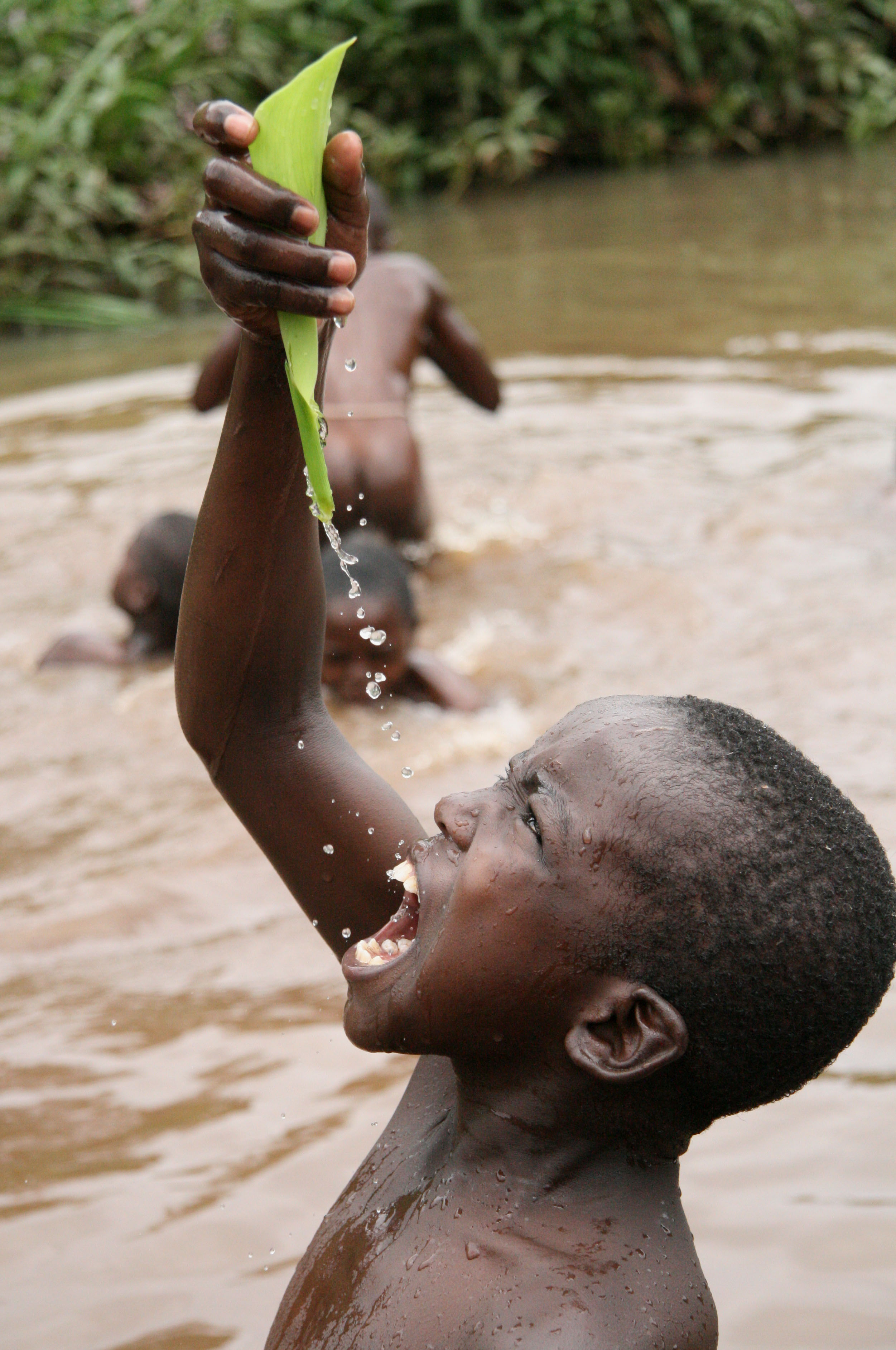"The ability of [African] governments to service urban water has been declining, and I'm not even talking about sanitation," said Alioune Badiane, Regional Director for Africa and the Arab States at the United Nations Human Settlements Programme (UN HABITAT).
UN HABITAT was one of the organizers of the World Water Day Conference with the theme, Water and Urbanization: Responding to the Urban Challenge, which concluded on 22 March in Cape Town, South Africa.
The African Ministers Council on Water (AMCOW), another of the conference organizers, welcomed the opportunity to bring together over a thousand representatives from government, civil society, and the private sector.
Julia Bucknall of the World Bank told the conference that diarrhoea, one of the major causes of which is poor sanitation, killed more children than AIDS, malaria and TB combined. "These challenges are not going away, they're going to get worse," she warned.
Delegates highlighted the need for better collaboration and communication between sectors, especially in developing countries, to improve access to water and deal with waste in urban areas, particularly informal settlements. They also discussed access to clean, affordable water and sanitation as a basic human right, and the need to scale up efforts in these areas.
"In the slums of Nairobi, the favelas of Rio de Janeiro, the bustees of Kolkata, and even right here in Cape Town's townships, the provision of safe water and basic sanitation to the urban poor is a critical challenge facing the world today," said Dr Joan Clos, United Nations Deputy Secretary-General and Executive Director of UN HABITAT.
| Water is life |
|
|
Technological innovation and public-private partnerships can provide solutions to the challenges of water and sanitation in an environment of rapid urbanization, but delegates agreed that it would mean throwing out old models and adopting a new, multi-disciplinary, collaborative approach, as well as overcoming a lack of leadership and capacity.
"The water business has become complex, and requires not only critical mass, but highly qualified individuals," said Mbangiseni Nepfumbada, Acting Director General of Policy and Regulation at South Africa's Department of Water Affairs during a panel discussion on water in Southern Africa.
Despite the challenges, a mood of optimism and excitement prevailed at the conference. "Particularly in Africa, societies are continually adapting," said Ania Grobicki, Executive Secretary of the Global Water Partnership. "The creativity and innovation that we see here [in Africa] is phenomenal."
lm/ks/he
This article was produced by IRIN News while it was part of the United Nations Office for the Coordination of Humanitarian Affairs. Please send queries on copyright or liability to the UN. For more information: https://shop.un.org/rights-permissions





